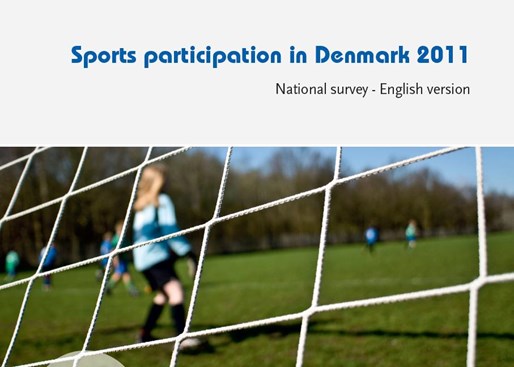Sports participation booms in Denmark

29.05.2013
By Stine AlvadThe report is an English translation of a Danish report published in February this year, which examines the degree of sports participation in Denmark, what types of sport the Danes take part in, where they practice their sports and the way the sport in Denmark is organised.
The report is based on a survey answered by 6000 respondents aged from 7 to 92 years of age. The report shows that there has been a significant rise in sports participation among adults (+16 years of age) since 2007 when a similar analysis was conducted. In 2007 56% of the participants in the survey said they were exercising regularly, this number has risen to 64% in this latest survey. Among children the number is 86%.
The preferred sports among Danish adults are running, strengthening exercise and walking/hiking. Almost one in three indicated running as the exercise of choice.
The majority of the active Danes do sport and exercise on their own in self-organized settings but still 41% of the exercising takes place in local sports clubs.
Football is the most popular sport among the children where 46% of the under 15 have recently taken part in the game. Next in the children’s top three are swimming with 38% and gymnastics with 27%.
The majority of the children do sport in the context of a sports club.
At Play the Game 2013, taking place in Denmark 28-31 October 2013, delegates will get a chance to examine sports participation patterns more closely as one of the main themes will focus on recreational sport and the challenges it faces.
More information
- Read more about the Play the Game 2013 conference here.
- Download the report from the Danish Institute for Sports Studies:
Sports participation in Denmark 2011





